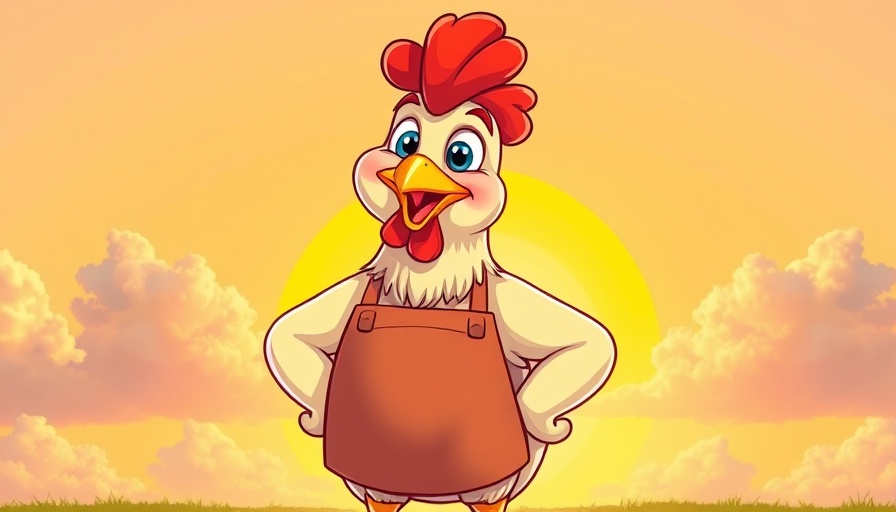
Understanding Why Your Baby Chick Won't Eat
As an avian veterinarian, I often encounter concerned poultry owners perplexed by the issue of a baby chick refusing to eat. This behavior can stem from various underlying causes, including environmental stressors, nutritional deficiencies, or even health problems.
Common Causes of Anorexia in Chicks
Firstly, it is essential to evaluate the conditions your chick is living in. High temperatures, inadequate space, or poor bedding can create an unwelcoming environment, causing stress. Additionally, recently hatched chicks may refuse food due to a lack of proper heating. Chicks need to be kept in a warm, draft-free area to thrive, especially in their early days.
Health Issues and Nutritional Needs
Uncommon, but more severe, are potential health issues like avian diseases or digestive disorders, which might require veterinary intervention. Moreover, it's crucial to ensure that the chick has access to high-quality chick starter feed. Nutritional deficiencies can hinder growth and lead to a lack of appetite, so choose feeds enriched with vitamins and minerals tailored to young birds.
Strategies to Encourage Eating
To help promote eating, ensure that feed is fresh and readily available. Sometimes, changing the type of food may pique a chick's interest—a mixture of starter crumbles and mashed hard-boiled eggs can entice even the pickiest eaters. Furthermore, consider hand-feeding if necessary or introducing a little water mixed with sugar, as this can help energize a weak chick and encourage feeding.
Conclusion: Time to Act
If your chick continues to refuse food despite these measures, it may be time to consult a veterinarian specializing in avian health. Early intervention can be critical for your chick's survival and health. Every moment counts when dealing with a non-eating chick; securing professional guidance can save its life.
 Add Row
Add Row  Add
Add 




 Add Row
Add Row  Add
Add 

Write A Comment